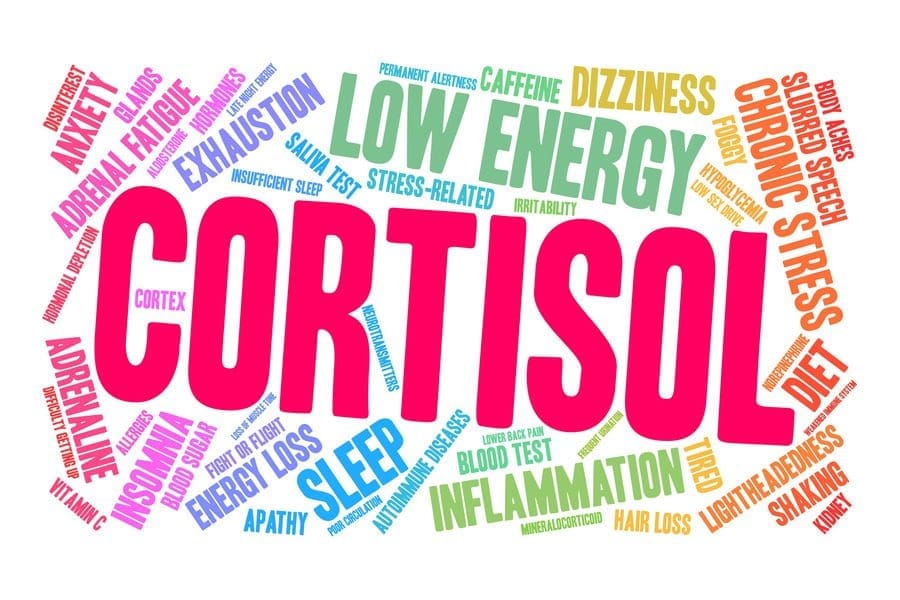It’s hard to listen to your body when something’s wrong, especially when the symptoms disguise themselves as common aches and pains. However, when these conditions start affecting your productivity or performance at work (or life in general!), it’s time to take a closer look at what’s going on. Having high cortisol levels is a common irregularity that, unfortunately, many people choose to ignore. In this article, we’ll break down what exactly having high cortisol means, how the symptoms manifest, and, most importantly, how to remedy the situation.
What Is Cortisol?
Before we dive in, it’s important to understand exactly what cortisol is and why your levels must be balanced. Cortisol is a steroid hormone (sometimes called the “stress hormone”) that’s in charge of many bodily functions that directly impact your day-to-day life. These include memory formation, balancing salt and water in the body, regulating blood sugar, metabolism, immune responses, and your body’s response to stress. Almost all of your cells contain cortisol receptors designed to receive the hormone as readily as possible, but the cells that need cortisol the most are located in the brain.
Signs of Fluctuating Cortisol
The symptoms of a cortisol imbalance may not be drastic, and many people dealing with the consequences of a cortisol irregularity may not even mention what they’re feeling to their doctor. They include:
- Sudden weight gain around the tummy or upper back
- Sudden weight gain on the face and cheeks (moon face)
- Skin easily bruises
- Constantly tired, regardless of how much sleep you get
- Easily irritated
- Low emotional threshold
- Constant brain fog
- High blood pressure
- More acne/breakouts
How to Deal With High Cortisol Levels
First things first: If you suspect you’re dealing with fluctuating cortisol levels, make an appointment with your doctor, who can assess your condition and give you more catered advice on how to deal with it. Thankfully, this condition can be reversed through a mixture of self-discipline and medical intervention. There are also lifestyle changes you can make to regulate your cortisol further:
- Make a sleeping schedule and stick to it. Get at least eight hours a night at a similar time.
- Reduce caffeine intake (only in the morning; no more than one beverage daily). This includes tea, coffee, and energy drinks.
- Play! Find a hobby and dedicate time to it every day.
- Go outside at least once per day. Sunlight can help regulate your body clock and your hormones.
- Eat healthily! Increase your leafy green intake (you need at least 5 cups of veggies daily).
- Take supplements that regulate metabolism (like B12, folic acid, etc.).






